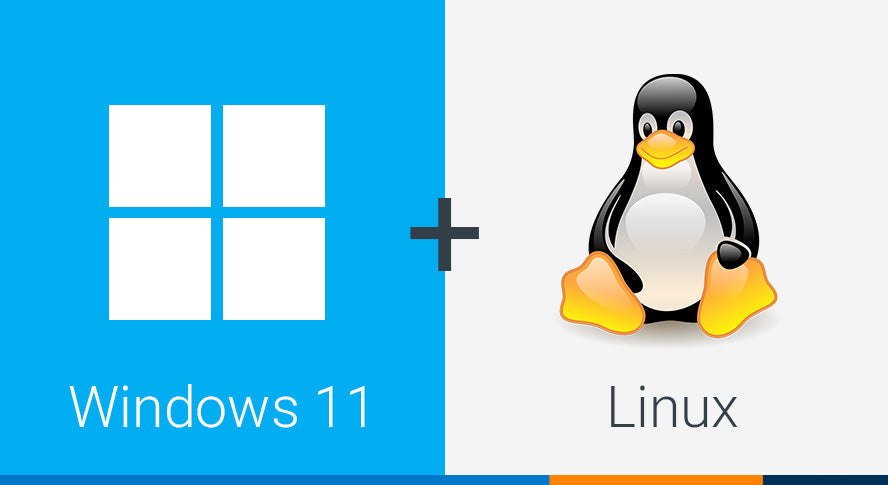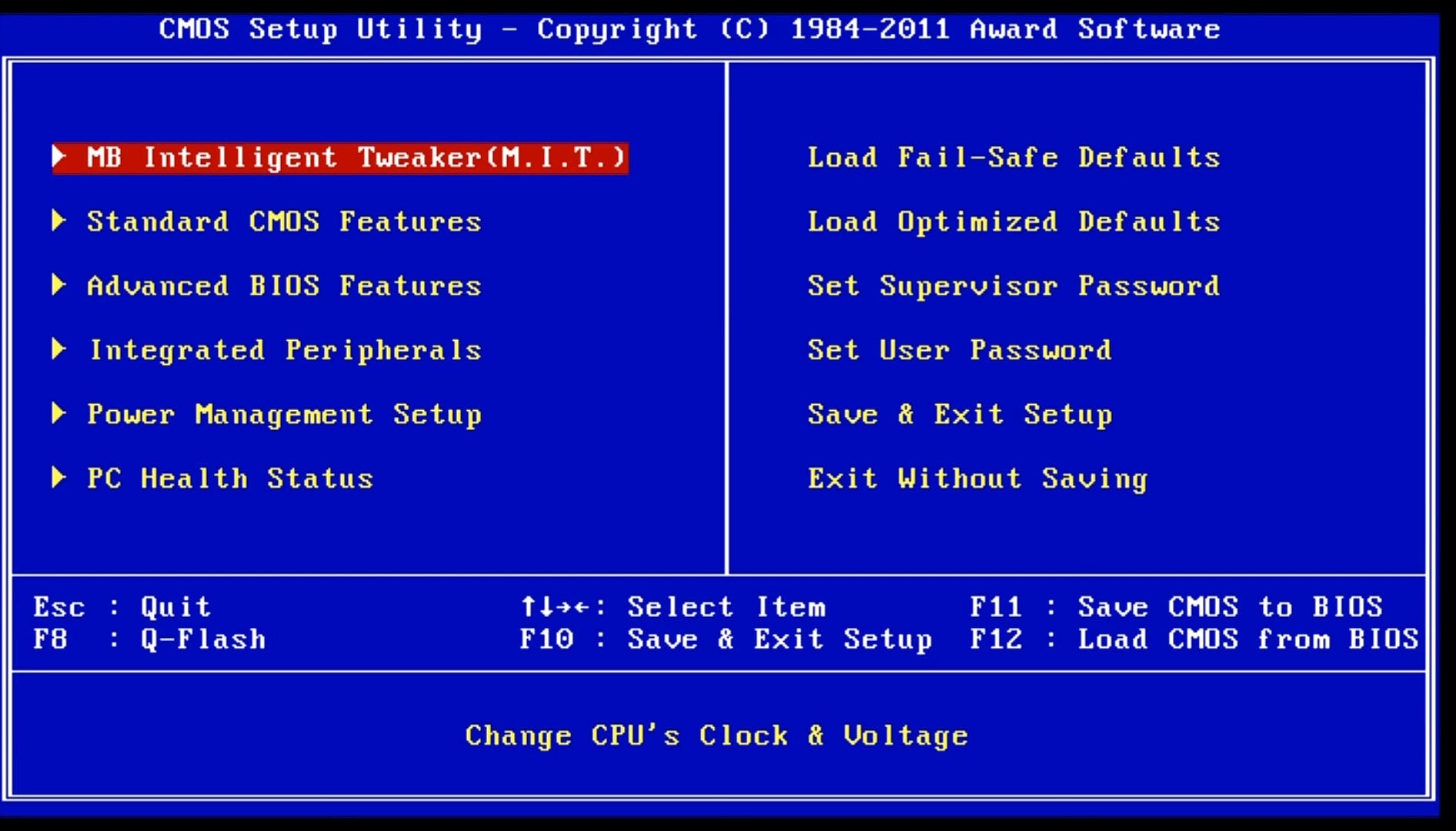
How To Dual Boot Windows 11 and Linux: An Easy Set Up

In the realm of technology enthusiasts the trend of running two operating systems on a device has gained popularity. This practice, known as booting offers users the ability to capitalize on the strengths of each operating system. Picture having the interface and wide range of applications supported by Windows 11 alongside the customization options and control provided by Linux. This blend can transform your computer into a tool of handling everyday tasks as well as specialized projects.
Within this blog post we will delve into the concept of dual booting systems specifically focusing on Windows 11 and various distributions of Linux. Our aim is to walk you through the process. From preparing your system to effectively managing your dual boot configuration. By the conclusion of this guide you should have a grasp on how to set up a dual boot system with Windows 11 and Linux significantly elevating your computing experience.
How To Dual Booting Windows 11 and Linux: An Easy Set Up
Overview of Windows 11
Windows 11 stands as Microsofts operating system release, featuring an array of new functionalities and enhancements aimed at improving user interaction. The revamped Start Menu and Taskbar introduce an appearance while tools like Snap Layouts and Desktops boost productivity by streamlining workspace organization, for users.Windows 11 has received both functional upgrades that enhance its performance. The operating system is now faster to boot up and more responsive overall. It also prioritizes security featuring built in protections, like Windows Hello and BitLocker to safeguard your data.
For tech enthusiasts Windows 11 provides a platform for applications ranging from gaming to professional software. Its compatibility with a range of hardware and software makes it an ideal choice for booting alongside Linux.
Linux Operating Systems
Linux is recognized for its adaptability offering distributions (distros) with features and advantages. Here are some popular Linux distros that work well for booting with Windows 11;
Ubuntu
This user friendly distro is perfect for beginners boasting an interface and strong community support. Ubuntu is esteemed for its stability and extensive software selection.
Linux Mint
Similar to Ubuntu Linux Mint caters to beginners, with its desktop interface and essential pre installed applications.
Manjaro
Geared towards users Manjaro delivers the updates and cutting edge features.
The easy to use setup process makes it a great option for setting up a boot with Windows 11.
Fedora
Known for its appeal to developers thanks to its emphasis on cutting edge technologies and programming resources. The active community and frequent updates of Fedora make it a preferred choice.
Debian
A standing and dependable distribution known for its level of customization suitable for both servers and personal computers.
Arch Linux
Ideal for users seeking control over their operating system. It provides a foundation that allows for customization.
Each of these distributions includes its package manager, desktop environments and unique utilities enabling you to customize your Linux experience based on your preferences.
Preparing Your System
Before embarking on the journey of booting Windows 11 and Linux you must make preparations. This involves setting up a partition on your drive specifically designated for installing Linux. Here's a simple guide to help you through the process;
Back Up Your Data
Prioritize safeguarding your files by creating backups. This precaution ensures that no data is lost in case of any issues.
Creating a Partition
- Access Disk Management within Windows 11.

- Right click, on the partition you wish to shrink ( the C drive). Choose "Shrink Volume."

- Specify the size of the space you want to reduce which will be used as a section, for Linux.

Get Linux Distribution
After that download the ISO file of the Linux distribution you prefer from its website (for instance you can get Ubuntus ISO file from https;//ubuntu.com/download). You'll also require a tool like Rufus to make a USB drive bootable.
Once these steps are done your system is set for the installation process.
Setting Up Windows 11 and Linux
Now that your system is prepared it's time to set up both operating systems. Here's how;
Setting Up Windows 11
Insert Bootable USB;
If Windows 11 is not already installed, insert the USB drive, with the Windows 11 installation files.
Adjust BIOS/UEFI Settings;
Restart your computer. Keep an eye out for the screen that shows up during the booting process. This screen usually includes instructions to press a key ( F2, Delete or sometimes Esc) to access the BIOS/UEFI settings. In the BIOS/UEFI menu go to the Boot or Boot Order section. There you'll find a list of boot devices. Arrange this list so that your USB drive is selected as the boot device. Save your changes and exit from the BIOS/UEFI settings.
Here are the steps to install Windows 11 on your computer;
- Begin by booting your computer from the USB drive.

- Start the Windows 11 installation process;

Choose your language, time zone and keyboard settings click "Next."

- Click on "Install now."

- Enter your product key when prompted. If you don't have one consider purchasing a Windows 11 product key, from RoyalCDKeys for an budget friendly option.

Accept the license terms by clicking "Next."
Opt for "Custom; Install Windows advanced)."

- Select the partition allocated for Windows 11 that you created earlier and proceed by clicking "Next."

The installation will. Your computer will reboot times during this process.
Follow the, on screen instructions to customize your settings and finalize the installation.

To install Linux on your system;
- Insert the Bootable Linux USB into your computer.

Restart your system with the Linux USB inserted.
Access BIOS/UEFI settings more.

Set the Linux USB drive as the primary boot device.
Proceed with installing Linux by following the provided instructions.

When you're asked, opt to install Linux alongside Windows 11. Choose the partition designated for Linux during the installation process. Once these steps are done you'll have both operating systems set up on partitions.

Managing a Dual Boot System
After installing both operating systems it's important to manage your dual boot configuration. Here are some recommendations;
Boot Selection;
Upon booting up your computer you'll encounter a screen where you can select either Windows 11 or Linux. If this screen doesn't appear, consider configuring the GRUB boot loader, within Linux.
GRUB Update;
In Linux access the terminal. Enter `sudo update grub` to ensure that the boot manager recognizes both OS options.

Regular Maintenance;
Make sure to keep both operating systems updated regularly to take advantage of features and security enhancements.
By adhering to these guidelines you'll be able to transition between Windows 11 and Linux enjoying the benefits of each.
In Conclusion
Dual booting Windows 11 and Linux provides advantages such as increased flexibility, performance improvements and enhanced security. By following this manual you can establish a dual boot environment tailored to your requirements – whether you're a developer, an user or simply curious, about exploring the realm of Linux.
We trust that this guide has given you perspectives and handy advice, for setting up both Windows 11 and Linux on the computer. If you're interested in delving take a look at the following references. Become part of our group of technology enthusiasts.















